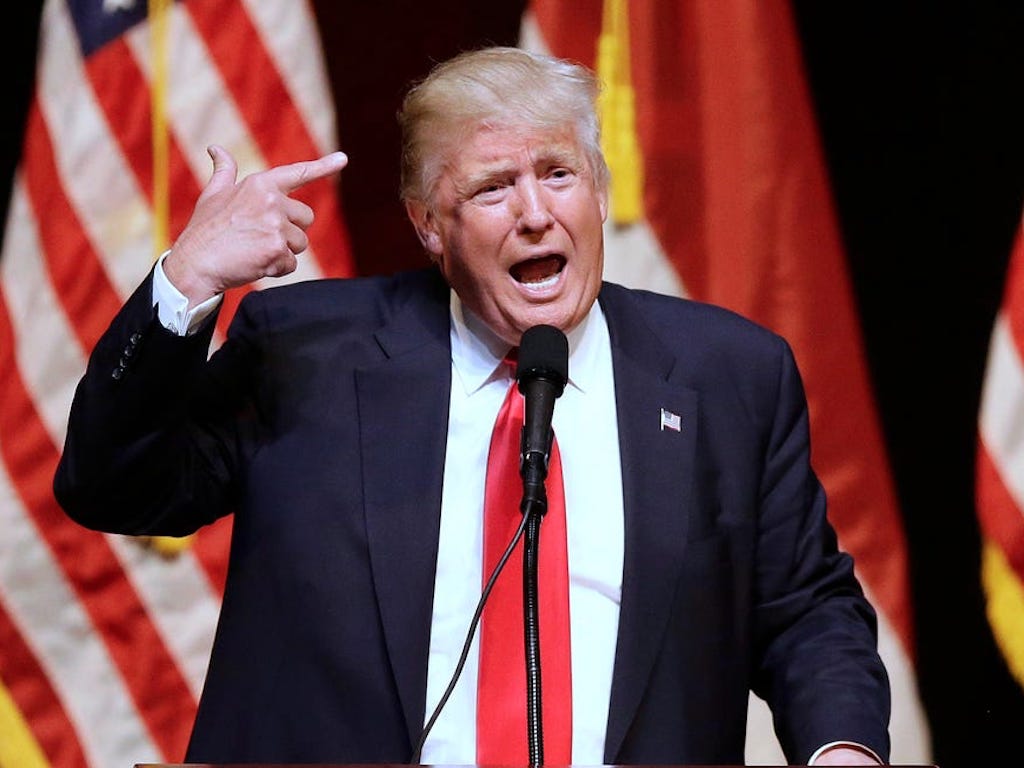3 Mins Read
In a recent article published in The Conversation by Adrian Bardon, a professor of philosophy at Wake Forest University, the reason behind continued denial about globally scientifically-backed phenomena such as the climate crisis is because of motivated reasoning. Motivated reasoning, according to social scientists, refers to the process of deciding what evidence to accept based on the individuals’ own preferences, and is a tendency humans have shown throughout evolution. In other words, humans are hardwired to dismiss facts–including facts supported by information and consensus–as long as they do not fit into their own worldview, which helps to explain the prevalence of climate denial to this day.
In recent years, social scientists, psychologists and philosophers alike have been studying the phenomena of motivated reasoning in order to explain the tendency for humans to deny substantiated facts simply because these do not fit within their own preferred conclusion.
Perhaps the most stark example of motivated reasoning today is climate change denial, which does not occur due to any lack of available, scientifically cross-referenced information or consensus, but due to one’s own preferences and persuasion.
As a 2015 meta-study published in academic journal SAGE shows, the primary predictor of whether one is a climate denier or not is one’s political position, rather than the level of education or expertise.
In fact, the study found that in the United States, being a conservative significantly increases the chance of being a climate change denier, despite scoring highly on tests for cognitive sophistication and quantitative reasoning skills.
Investigating the reason behind why motivated reasoning is so common amongst humans, Professor Bardon points to the way our ancestors have developed, where cooperation and persuasion was correlated with reproductive success.
This has been well researched in psychology literature, where academics find that because of evolutionary reasons, we are biased in favour of assimilation into one’s “tribe” or group, and therefore are likely to accept the existing ideological belief system as opposed to outside ideas, even if the opposing claim holds more truth.
Applied to the issue of climate crisis denial, it is therefore unsurprising that some people may respond automatically and defensively to information that is in opposition with their current preferences and beliefs, especially if these beliefs are shared amongst their social groups.
Climate deniers, therefore, are more likely to selectively assess the available evidence–of which there is an entire consensus amongst experts and scientists sounding the alarm on climate change–and only agree and give credit to certain pieces of information they already agree with, while the rest of the information is dismissed entirely.
It is also worth pointing out that we live in an age of disinformation, fuelled by the massive funding that the fossil fuel industry pours into anti-climate political lobbyists and the lack of transparency surrounding the support behind a section of scientific studies backed by business interests against climate action.
This provides a pool of seemingly factual evidence for which those who are already predisposed to reject climate change can draw on to bolster their existing preferences to continue their business-as-usual approach.
Whatever the underlying causes behind motivated reasoning are, what’s clear is that there is absolutely no time to lose over climate change, and that action must be taken now if human civilisation itself is to stand a chance–whether we like the facts or not.
Thankfully, there is some hope that even the hardliners are waking up, from banking institutions to world business leaders, who are finally listening to the repeated calls from scientific experts and youth climate activists about the threat that climate change poses. Even if the threat most of the powerful are concerned about is the inevitable economic cost that delaying climate action will lead to.
Take action now: Here are 4 ways to debunk climate denial myths.
Lead image courtesy of AP / Gerry Broome.




